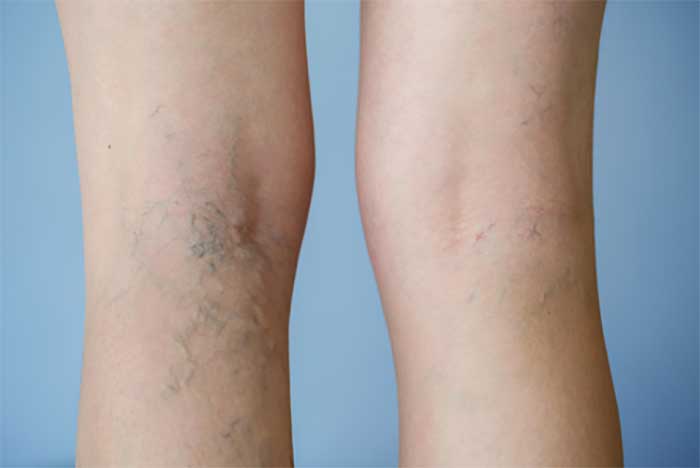Need help with varicose veins in South Carolina? Check these treatments

For the uninitiated, varicose veins refer to swollen and twisted veins that appear in the legs and other parts of the body. Often related to risk factors such as genetics, age, obesity, and pregnancy, varicose veins could be a cause of serious discomfort and pain. Some patients may not have any severe symptoms, but the appearance of these bulged veins can trigger self-esteem issues. Before you seek treatment for varicose veins in South Carolina, here are some treatments worth knowing.
Self-care measures
Your vein doctor will usually recommend self-care measures as the first line of treatment. Raising your legs when sitting or lying down can help restore blood flow to the legs and reduce discomfort. Exercise can help lose weight, which can also help with the itchiness and heaviness in the legs. The typical approach for most cases is to wear compression stockings, which help blood flow.
Treatments at a glance
If wearing compression stockings and lifestyle modifications don’t yield the expected results, your doctor may have to consider other treatments. There are minimally-invasive ways to treat varicose veins, and options include –
- Sclerotherapy: The treatment involves injecting a special solution or foam into the targeted veins. The saline solution irritates the walls of the veins, causing a collapse. Treated veins are naturally removed from the body like scar tissue, while blood is redirected through other veins in the area. Sclerotherapy doesn’t require anesthesia, but one may need at least a few sessions to see visible results.
- Catheter-based procedures: There are two options that your doctor may consider – Laser Ablation and Radiofrequency Ablation. Both treatments involve using a thin tube in the targeted veins. The catheter delivers laser energy of radiofrequency according to the procedure. The heat causes the veins to collapse.
- Surgery: In many cases, doctors may have to consider high ligation, which involves tying off the targeted vein and removing it through smaller cuts. High ligation and vein stripping are more straightforward procedures that don’t require any hospitalization.
Should you see a doctor?
The short answer is yes. There is no cure for varicose veins, but your doctor can find the best ways to manage the symptoms. They can also guide you on how you can avoid complications in the future. If you are someone who needs to stand for long hours, taking small breaks can help.
If you are experiencing pain or discomfort due to varicose veins, don’t delay seeking treatment.
